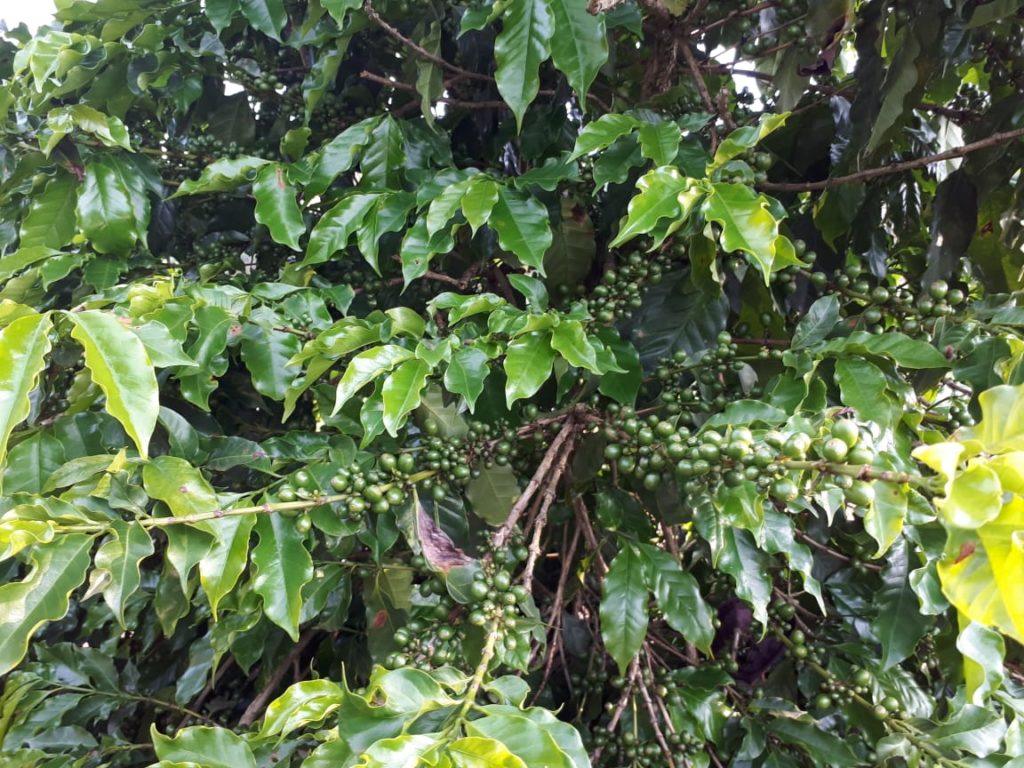São Paulo – North African countries have driven the climb in Arab purchases of coffee from Brazil in 2020. The Arab bloc as a whole imported year-on-year 19.2% more coffee from Brazil last year. The Arabs imported 2.12 million 60-kg bags of Brazilian coffee for USD 216.6 million, up 5% year on year. The figures were released during a news conference on Monday (18) by Brazilian Coffee Exporters Council (Cecafé).
The African Arab countries were a highlight in volume figures. Cecafé technical director Eduardo Heron Santos explained that, in Africa, top importers of coffee from Brazil, after South Africa, were Algeria, Tunisia, Egypt, Libya and Morocco. “The largest increases in purchases of coffee from Brazil are from North Africa,” said Heron Santos.

Out of the countries that most increased their purchases of the Brazilian product, Algeria ranks second at 254,000 bags, up 310% year on year. Morocco comes sixth, up 148%, at 49,000 60-kg bags purchased in 2020.
As for the Levant region, highlights were Syria, up 21%, at 437,000 bags, and Jordan, up 17%, at 302,000 bags. “It’s worthy pointing out that, before the war, Syria was a major importer of coffee from Brazil, at 500,000, 600,000 bags a year. We expect Syria to import more again, as the country recovers,” Heron Santos pointed out.
A record high last year
In 2020, Brazil exported 44.5 million bags of coffee, including green coffee, soluble and roasted & ground. The figure is a new record high in coffee exports and is a 9.4% increase from 2019. As for revenue, it reached USD5.6 billion, up 10.3% from 2019. The average price of a bag was USD126.52.
Find out more about Brazilian brands selling in the United Arab Emirates:
- Importer sells Brazilian coffee in Dubai-based e-commerce
- Brazilian brand launches private-label coffee in Dubai
In 2020, despite the COVID-19 pandemic, Brazil posted an increase in coffee exports across all continents and economic blocs. The good performance in exports results from a trade promotion work, said Cecafé director-general Marcos Matos. With projects specifically aimed at China and India, Matos said they intend to expand the actions through videos and visits of baristas and opinion-makers from other countries to Brazil when this becomes possible. He pointed out, too, the work developed in the Brazilian participation in trade shows such as Gulfood, which takes place in Dubai.
Translated by Guilherme Miranda




